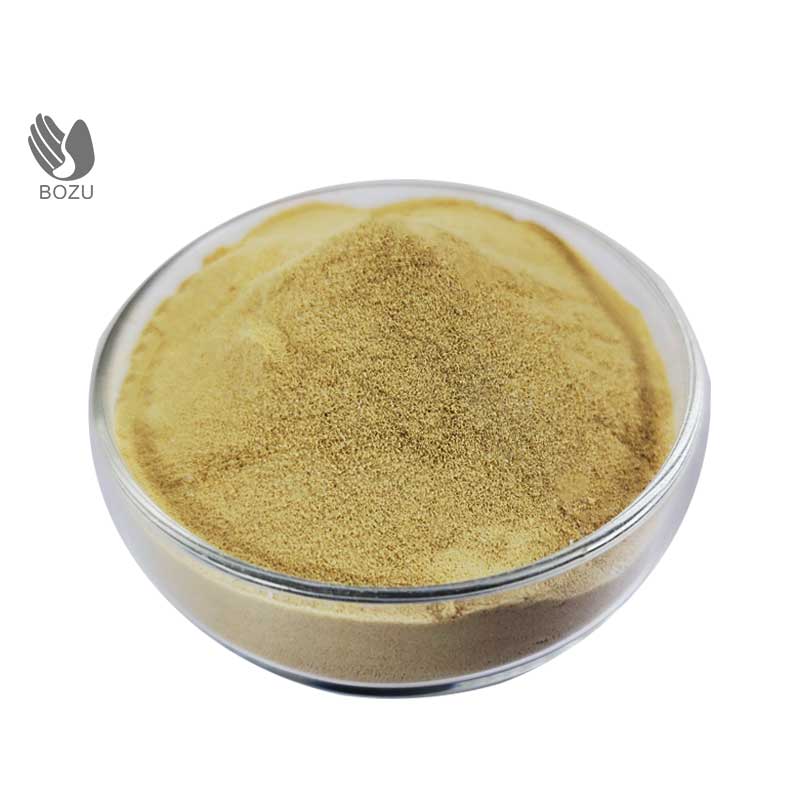
Providing nutrients for plants: The necessity of calcium fertilizer for plants
Calcium is a necessary trace element for plant growth and development, and it is also one of the most important macronutrients. Calcium deficiency in plants can cause many problems, such as slow growth, deformed leaves, and fruit and flower drop. Therefore, providing sufficient calcium to plants is crucial for healthy growth. Calcium fertilizer plays an important role here. The function of calcium fertilizer is not only to provide calcium elements, but also to improve soil structure, increase the soil microbial community, and make the plant's ability to absorb calcium more efficient.
Types of calcium fertilizer: conventional fertilizer and organic fertilizer
Calcium fertilizers are usually divided into two types: conventional fertilizers and organic fertilizers. Conventional fertilizers include calcium nitrate, calcium phosphate, and calcium carbonate, etc., while organic fertilizers include lime fertilizer and organic bone meal. Conventional fertilizers directly supply nutrients to the soil, but they have poor quick-acting properties and plants need a longer time to absorb them. In contrast, organic fertilizers not only provide calcium elements to plants, but also increase soil organic matter and improve soil structure.
The application method of calcium fertilizer: Proper application
The application method of calcium fertilizer is quite simple, but it requires caution to avoid unnecessary harm to plants and the soil. When applying, it should be flexibly selected according to the needs of different plants and the condition of the soil. For example, flowers generally require acidic soil rich in calcium. At the same time, before applying calcium fertilizer, it is necessary to ensure that the soil is moist, well-ventilated, and at an appropriate temperature for fertilization.
Cautionary notes for using calcium fertilizer: Use the right amount precisely.
Although calcium fertilizer is crucial for plant growth, excessive use can be harmful to plants. Excessive use of calcium fertilizer can make the soil overly alkaline. Moreover, due to the persistence and residue of calcium fertilizer, if used in excess, it will affect the future growth of plants. Therefore, it is crucial to use calcium fertilizer in an appropriate and moderate amount.
Conclusion
At different stages of plant growth and development, different types of fertilizers need to be provided to achieve the best growth results. Calcium fertilizer, as an essential element for plant growth and development, should be applied in an appropriate amount to ensure the health and stability of future growth. At the same time, the appropriate type of calcium fertilizer should be selected based on the plant's needs and soil conditions to fully exert the excellent effects of calcium fertilizer and help the plant grow healthily.





